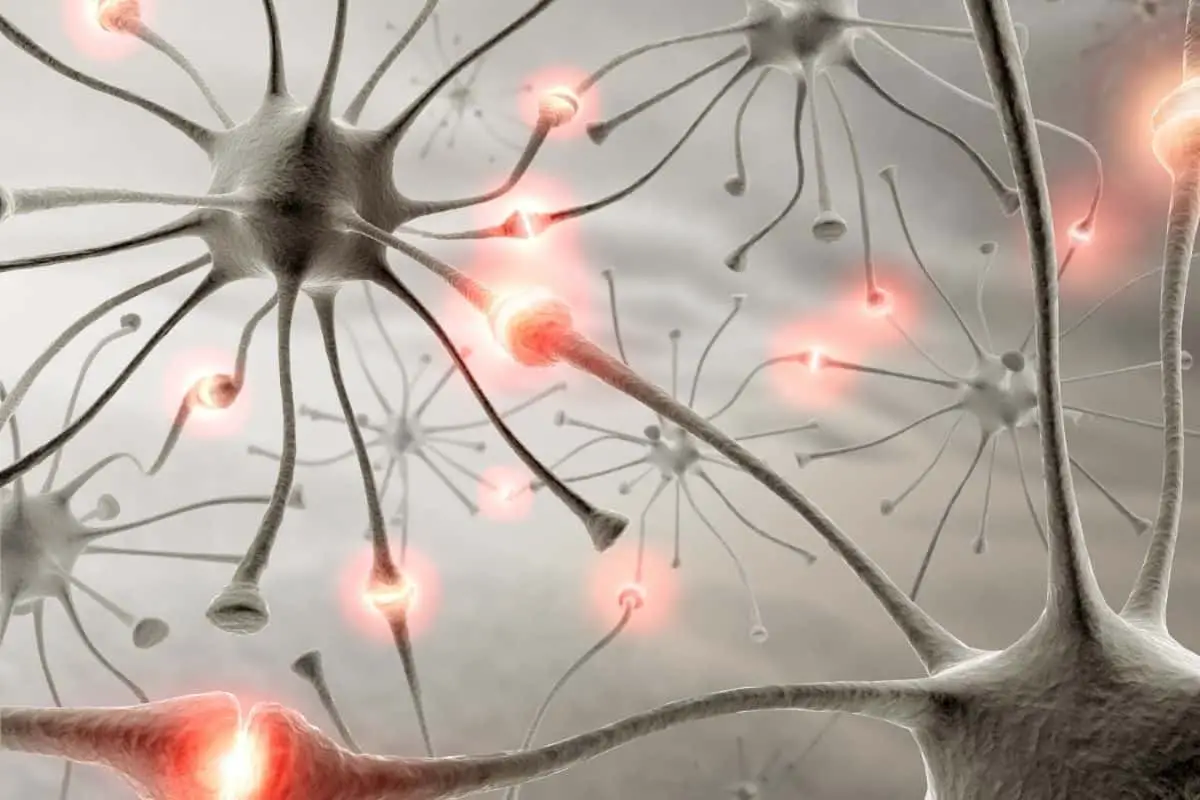Hormones can have a big impact on the way our skin looks. For example, puberty can cause the skin to become more oily, as well as other hormonal changes. These hormonal changes can also be caused by certain medications, such as birth control pills.
The hormones responsible for oily skin are – androgens, progesterone, and estrogen. If you notice an increase in the amount of oil produced by your skin, it is because the sebaceous glands that are responsible for producing oil, are heavily affected by hormones like androgen and estrogen, which have found to increase in number during pregnancy, puberty, and menstruation.
What Hormone Causes Oily Skin?
The main hormones that cause our glands to produce more oil are male hormones – androgens. The higher the levels of androgens in the body, the greater the amount of sebum that is secreted by the sebaceous glands.
Female hormones estrogen and progesterone are also said to be responsible for an increase in sebum production.
The sebaceous glands are responsible for the secretion of oil from the skin. As you get older, the sebaceous glands will become less active, resulting in dry skin.
Let’s try to understand how these hormones can affect oily skin.
How Do Your Hormones Cause Oily Skin?
Your skin is made up of many tiny glands called sebaceous glands. These glands secrete a substance called sebum, which helps keep your skin moist and smooth. This substance increases in quantity between the ages of 7 and 15.
Like many other parts of our body, sebaceous glands are affected by sex hormones. The most prominent hormones that affect the sebaceous glands are androgens like testosterone – male sex hormones that are found in both males and females.
Very active androgen hormones, like testosterone, are made by your adrenal glands.
These glands are in turn regulated by the brain’s pituitary. The pituitary controls the entire hormonal system of the body.
During puberty, there is an increase in the number of androgens that are binding to the sebaceous glands. This results in the sebaceous glands producing more sebum than usual during this phase. The increase in the production of sebum results in oily skin.
Teenagers and women with PMS are also likely to notice an increase in oil production as a result of an increase in androgen levels.
Many women with polycystic ovary syndrome (PCOS) report that their skin is oily and prone to breakouts. It’s because hormones in PCOS syndrome go out of control, and there is an excess production of androgens. This leads to excess oil production and even weight gain and unnecessary hair growth in such women.
Here’s a detailed post listing the various causes of oily skin.
Effect Of Progesterone On Oily Skin
Progesterone, a female sex hormone produced after ovulation, also has an effect on the amount of sebum.
Progesterone weakens the action of the enzyme that converts testosterone into dihydrotestosterone. This enzyme is involved in the production of sebum.
In theory, higher levels of progesterone should lead to less sebum production. But, in reality, when progesterone levels are high, sebaceous glands produce more sebum. It is not known why this happens.
Effect Of Estrogen On Oily Skin
Estrogen is thought to have an effect on the amount of sebum that is produced, but more research needs to be done. Estrogen has been shown to reduce the amount of oil produced by sebaceous glands.
Estrogen plays a major role in the health of the skin. Estrogen has been shown to improve skin elasticity, reduce wrinkles, and improve skin tone. Low levels of estrogen are linked to skin problems such as wrinkles and dryness.
Some ways researchers study the effects of estrogen on the skin is by comparing post-menopausal women to pre-menopausal women. In the study cited above, a third of postmenopausal and perimenopausal women reported that skin sensitivity was more after menopause – that’s when estrogen levels decrease.
How To Control Hormonal Oily Skin
Although you have little control over your hormones, there are certain things that you can do to prevent excessive oily skin to lead to breakouts during puberty, menstruation, or pregnancy –
1. It is suggested to take extra care of your skin during these times. You should always wash your face twice a day and keep it well hydrated to avoid breakouts. Try to use an acne-fighting cleanser on a regular basis.
2. Proper nutrition will also help during these times. Avoid white or refined starches and eat food with a low glycemic index. Such foods can really help in controlling hormonal fluctuations.
3. Hormonal methods such as birth control pills can help bring hormone levels back to normal.
When the hormones are in balance, the sebaceous glands cool down and your skin becomes less oily.
Here’s a detailed post on how to treat oily skin.

